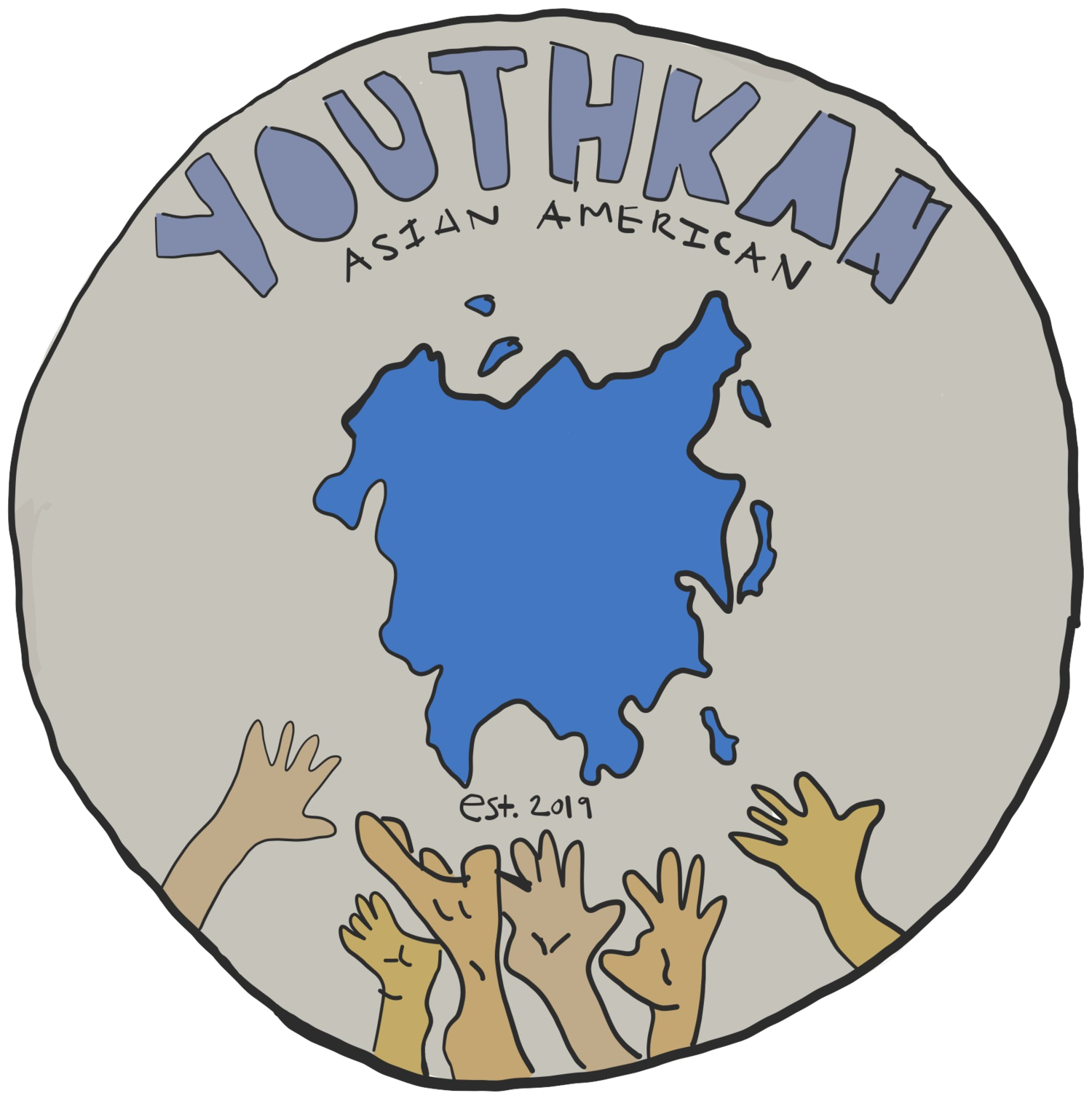Around the first or second week after I started third grade…
Around the first or second week after I started third grade, quiet but substantial gossip regarding an older youth girl’s eating disorder permeated the church walls. In its wake festered rolling judgment, apathy, and the perpetuation of toxic attitudes regarding mental illness.
These were common things that I heard from the adults:
“She’s messed up in the head.”
“What a sick, twisted girl.”
“Her parents and siblings didn’t ask for this!”
My parents were no saints either. They verbally spouted the same nonsense as the other church adults, almost as if they had blocked their synapses from transmitting empathetic signals. The very thought that this struggling child needed support was something that left their brains entirely.
When my mother talked about Julie, the older youth girl, years later in casual conversation with my brother, she condescendingly stated “oh the weird girl with the eating problem. A total screw-up for the entire family.”
And as if we were on some twisted sitcom, my eyes blared open with my mouth dropping in comical pursuit. Immediately, her insensitive words left a bitter taste in my mouth, as if she had force-fed a gallon of red ginseng down my throat. A bolt of white fury blazed before me and I muttered, “that’s not true.”
If she heard me, she chose to ignore what I said and continued the conversation with my brother.
This mindless yet disturbing conversation made me realize a significant fact: stigma existed within my own family.
At the time, I was integrating myself into mental health organizations that geared towards my interests: I started phone worker training for a local teen crisis line and started a mental health awareness campaign at my school following a fellow peer’s suicide. Despite my best efforts, I had completely overlooked my inner circle and let destructive attitudes persist in the very home I lived in.
As upset as I was with her, I couldn’t blame my mother for being so ignorant, given that her culture shaped her perspective on mental illness. Having been raised in the outskirts of the small city Busan in South Korea, a country with a toxic culture of perpetuating stigma and ostracizing individuals dealing with internal issues, my mother is an inevitable product of her time.
Yet, I couldn’t be complacent with this fact. The fact that I was preaching about mental health positivity but couldn’t convince my own mother to believe in the same message was, in many ways, hypocritical on my part. It was as if I were freely watering other plants and neglecting my own, letting weeds grow in its stead.
And with that reason, I had decided to teach my mother the importance of mental health discussions and the need to normalize the topic.
Almost on a weekly basis, I would sit my mother down at our dinner table and present my club’s PowerPoints on mental health topics, ranging from empathy, self-compassion, self-harm, and even eating disorders. I would correct some of her misconceptions on these topics and encourage her to ask questions. She wasn’t always responsive. Some days she would listen reluctantly as I hit her with an absurd amount of information and on others, she would listen with a fixed attention in her eyes.
On days when my mother picked me up from my crisis line work, I gave thorough descriptions of the calls that I had that night. Whether the caller called in to talk about stress from schoolwork or a depressive episode they had earlier in the day, I emphasized the shared sentiment that many of these teen callers want and gain from calling: someone who can listen.
Given the opportunity, I would like to help educate those who, just like my mother, carry preconceived biases towards individuals with mental health conditions. Be it in the form of a casual conversation or a presentational layout, I want to be a destigmatizing force that allows others to understand, respect, and realize the normalcy behind our internal challenges, wherever I go.
My vision is fairly simple: to create an open environment where talking about problems - no matter how big or small they might be - can be discussed without unfair judgment. Perhaps my vision is too optimistic - too much of an ideal. Yet, I believe in people’s ability to grow, if they’re given the opportunity to learn.
Undoubtedly, my mother makes the occasional slip-up by saying something insensitive regarding mental health, but she immediately corrects herself - and that in itself is proof of her growth.
*Scholarship Awardee*
